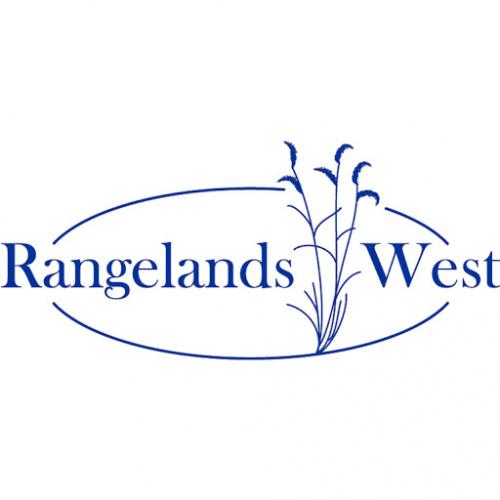Monitoring is the orderly collection, analysis and interpretation of information and data used to make short- and long-term management decisions (Wyoming Range Service Team 2001). Therefore, monitoring is an evaluation process used by animal and natural resource managers to help determine how rangeland or pasture systems respond to management (Holechek et al. 2004). The identification of monitoring as a process is crucial and suggests a number of important considerations. Monitoring has multiple components. This process includes not just collection, but also analysis and interpretation of information and data. Simply collecting information and data (for example taking lots of pictures) does not necessarily meet the definition of monitoring. The information and data collected as part of a monitoring effort must be put to use. The primary use of monitoring data and information is to support management decisions, and this requires analysis and interpretation of the information and data relative to management objectives, inputs and decisions. Analysis and interpretation are difficult or perhaps impossible in the absence of management objectives. Objectives facilitate evaluation by defining success. Natural resource objectives on grazing lands might describe the desired characteristics of vegetation, soil or water resources. Livestock or wildlife production objectives are often included in monitoring efforts as well. Finally, because monitoring is an ongoing process, organization and repeatability are important. Conducting monitoring efforts in an orderly manner ensures organization and repeatability. Evaluation of management decisions and actions relative to objectives depends on the ability to establish some relationship between management choices and responses observed on the land. The lack of organization and repeatability will likely lead to erroneous conclusions regarding the adequacy of management choices because differences (or lack there of) might be a result of different methods, timing or location of data / information collection.

Articles, citations, reports, websites, and multimedia resources focused on rangeland ecology, management, restoration, and other issues on American rangelands.